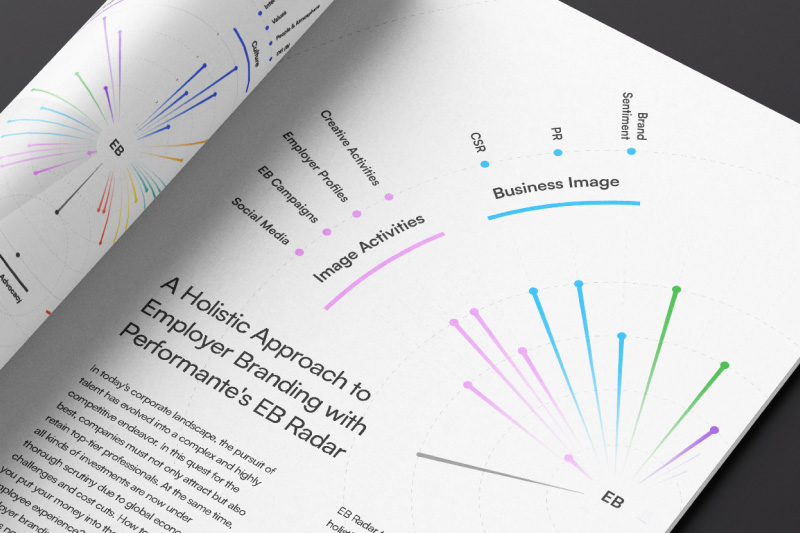Considering all the challenges we face today, we must realize that proper planning is the key to the success of our activities — and this has not changed despite the pandemic or the challenges posed by reality. Sounds easy, but proper management of activities over time is a game-changer. Thanks to it, we can constantly increase our efficiency, contributing to the team’s success and supporting proactive development in the professional field.
So how do we start planning properly? First of all, we must realize that there is no one right answer. The model of planning activities depends on individual preferences and the needs of each of us. A method that has worked for one person will not necessarily work for another, so testing different solutions by trial and error is essential. This will help us find the right one, which should be tailored to us and naturally support our daily activities.
I will now share some planning tips that I have implemented and I believe are the most essential for everyone. You can try doing all or some, and then let me know how it goes!
Question
Realizing that people who ask find the right answers will lead us smoothly to the first and key stage of verifying our current time planning habits. First of all, we have to look at our everyday routine from the perspective of the whole- what it looks like, whether it is well organized, chaotic, or needs changes. Observe yourself and your habits and reactions. Then, questions may help:
-
do I set priorities? If yes, how?
-
what motivates me to act, and what makes me lose my enthusiasm?
-
am I easily and often distracted?
-
can I switch from one activity to the next without any problems?
-
do I have more energy in the morning or the afternoon?
-
do I have the feeling of being busy
-
do I prefer to work alone or with people?
-
what takes up most of my time?
-
do I change my plans often? If yes, why?
-
do I often feel that there are too many tasks?
-
am I often postponing activities just because I have the opportunity?
Analyse
The answers to the above questions and their in-depth and daily analysis will allow us to find information about why and how we can strengthen our time management. Verification of the work model is a continuous process: How we effectively manage ourselves in time now will not necessarily be the best choice in a few years, when (perhaps), thanks to our development, we will also feel the need to change our time management methods.
Both for the elements that work well and those that require reinforcement, it is worth asking “why?”. It is one of my favourite questions because the attempts to understand the meaning of our methods, processes or solutions will answer why something works well or if it could work even better, which will lead us to find how to do it. Observing the already existing processes and being open to changes will allow us to strengthen them constantly.
Forecast
It is worth considering each activity’s timing and forecasting the time we need for its implementation. Why is it important? By keeping tasks only in our consciousness, we deprive ourselves of the possibility of effective management of actions over time. We are unable to involve other people in our activities effectively. Additionally, we burden our minds with an endless list of tasks. It’s like shopping without a list — it can be successful, but the probability that we will buy many unnecessary products or not buy the essential ones is very high.
Schedule
The calendar is an often underestimated tool. From the perspective of effective operation, it is one of the critical tools because it allows effective time management. We plan our financial resources within the budget so that, appropriately allocated, they contribute to our business’ development. On the other hand, we must also prepare our resources to guarantee we use them effectively and efficiently.
When building your weekly or monthly plan, start by scheduling key events that take place cyclically — for example, it can be team statuses, daily meetings, or training sessions that happen at specific times. Fixed elements are the foundations of your action plan for a given week or month. It is also worth planning breaks, such as lunch, because they also take place cyclically and are an indispensable element of every day.
Working with a calendar may seem like a very basic activity. Still, it is worth remembering to use it when planning meetings and to locate everyday activities such as developing a strategy, preparing a presentation or doing research. The tasks that we perform on our own also require planning!
Plan
Consider executing short actions that seem like they can be performed in a maximum of 2–4 minutes immediately because, in a large number of cases, they will require more time than their immediate implementation. When we react quickly, we give ourselves the opportunity to move a given topic forward efficiently.
If your challenge is a large number of ad-hoc activities — because it is a natural part of your work — you might want to plan a daily 2-hour slot in your calendar to perform all these tasks. The element that distinguishes these activities from the others is the freedom to perform them — it depends only on you and does not require other team members’ involvement. If, as I wish you very much, there are situations where the 2-hour slot seems too large for the number of spontaneous activities on a day, you can successfully use this time for other activities. The space for ad-hoc activities is an element that works well when planning everyday activities and helps to place in time what we have done so far between larger tasks or meetings.
Also, do not forget about planning other activities that are not necessarily related to your professional life because it allows you to keep order in your daily routine and also enables a smooth transition between activities.
To sum it up:
-
Start by observing your habits daily.
-
For planning, use a simple and widely available tool — a calendar.
-
Plan the foundations of your week, such as regular, recurring meetings or activities.
-
If one solution doesn’t work for you, try another one.
-
Plan a 2-hour slot daily for ad-hock activities.
-
Perform tasks that require 2–4 minutes immediately.
I hope you find these tips helpful and that they help boost your skills to set you up for success!





